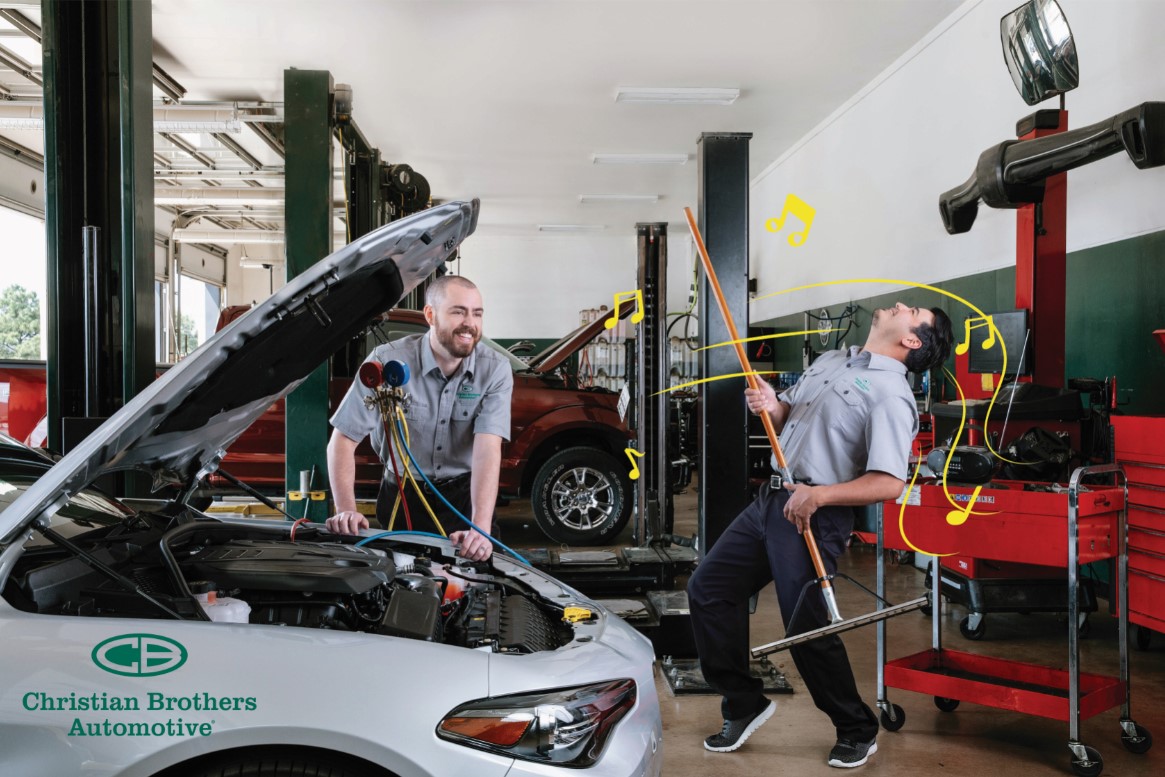Featured
A well-kept engine is the essential to your auto's durability and optimal performance. Routine engine tune-ups not only enhance fuel performance however additionally lower the chance of unforeseen breakdowns. Whether you're an auto fanatic or someone that simply intends to prevent costly fixings, these engine tune-up tips will certainly keep your automobile running like a desire.

- Replace the Glow Plugs. The ignition system stir up the air-fuel combination in your engine, and their effectiveness directly affects engine performance. In time, ignition system can wear out, leading to misfires, minimized gas economic climate, and slow-moving acceleration.
During a tune-up, check and change stimulate plugs if they show indicators of wear, such as residue accumulation, deterioration, or cracks. Depending on your car, spark plugs may need to be changed every 30,000 to 100,000 miles.
- Examine the Ignition System. Your cars and truck's ignition system, that includes the ignition coils, supplier, and wires (if appropriate), is accountable for delivering the stimulate that powers your engine. Malfunctioning ignition components can create starting problems and rough engine procedure.
Inspect for damaged or worn parts and change them during your tune-up. Making sure a healthy ignition system will improve engine integrity and efficiency.
- Tidy or Replace the Air Filter. A tidy air filter enables your engine to "breathe" appropriately by making certain a constant flow of tidy air. Over time, dust and particles can block the filter, minimizing air movement and influencing gas effectiveness.
Evaluate the air filter during a tune-up and replace it if it's unclean. For drivers in dirty or polluted locations, air filters might need to be transformed much more often.
- Examine and Clean the Fuel System. The gas system, including the gas injectors, gas pump, and fuel lines, can collect deposits over time, reducing gas delivery and engine efficiency. Make use of a fuel injector cleaner or have your system properly cleansed during a tune-up to bring back appropriate performance.
Frequently maintaining your gas system ensures much better combustion and maximizes your engine's efficiency.

- Modification the Engine Oil and Oil Filter. Engine oil is essential for lubrication, cooling, and lowering friction in between moving parts. In time, oil degrades and collects debris, losing its effectiveness.
Throughout a tune-up, change the engine oil and oil filter. Adhering to the producer's recommendations for oil kind and adjustment periods is crucial to maintaining your engine in optimum condition.
- Check the Belts and Pipes. The belts and hoses in your engine compartment play essential roles in powering elements like the alternator, water pump, and air conditioning system. Damage over time can cause splits, fraying, or leaks.
Examine the condition of belts and hose pipes during your tune-up and replace any kind of that reveal indications of damage. Proactively addressing these problems can stop pricey repair work and unanticipated malfunctions.
- Check the Battery and Electrical System. A weak or failing battery can leave you stranded. Throughout your tune-up, test the battery's voltage, check the terminals for corrosion, and guarantee the links are tight.
Additionally, have the alternator and starter examined to ensure they're functioning appropriately. Dealing with electrical system issues early can conserve you from troublesome shocks.
- Examine the Cooling System. The air conditioning system avoids your engine from overheating, which can trigger serious damage. During a tune-up, inspect the radiator, tubes, and water pump for leakages or put on.
Flush and change the coolant if it's filthy or has surpassed its advisable life span. Proper cooling system upkeep aids your engine run within its optimal temperature variety.
- Address Dashboard Warning Lights. Modern automobiles are furnished with advanced analysis systems that light up cautioning lights when concerns emerge. If your dashboard shows any type of alerting lights, such as the check engine light, address them during the tune-up.
A professional auto mechanic can utilize diagnostic devices to identify and fix the issue, protecting against tiny concerns from rising.
- Maintain Your Engine Clean. A tidy engine runs cooler and is easier to check for potential concerns. Remove dirt, grease, and crud from your engine bay during a tune-up. Utilize a degreaser and a gentle brush for cleaning, and prevent spraying water directly on electric elements.
Conclusion: Tune-Ups Are the Secret to Engine Long Life. Routine engine tune-ups are an investment in your vehicle's health and wellness, performance, and performance. By changing used parts, cleaning crucial systems, and attending to concerns early, you'll ensure your car stays reputable for many years ahead. Whether you're tackling the tune-up on your own or taking your car to a trusted auto mechanic, adhering to these tips will keep your engine performing at its best and aid you avoid unanticipated fixings. A well-maintained engine doesn't just conserve you cash-- it ensures comfort when driving.
Latest Posts
Find Outstanding Auto Repair Care from Montclare Auto Repair – Expert Care for Your Vehicle
Check Out Oil Changes & More: Full Services Guide from Montclare Auto Repair
Unlock Your Partner at WyHy Maximizes Your Savings on Borrowing and Banking
More
Latest Posts
Find Outstanding Auto Repair Care from Montclare Auto Repair – Expert Care for Your Vehicle
Check Out Oil Changes & More: Full Services Guide from Montclare Auto Repair
Unlock Your Partner at WyHy Maximizes Your Savings on Borrowing and Banking
